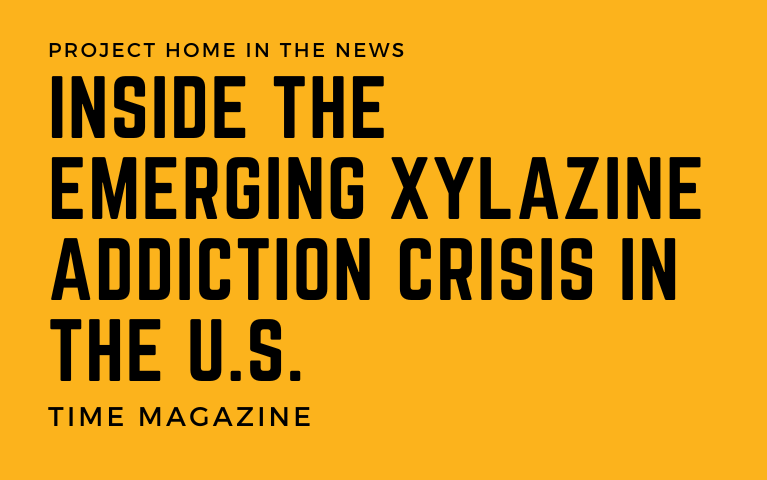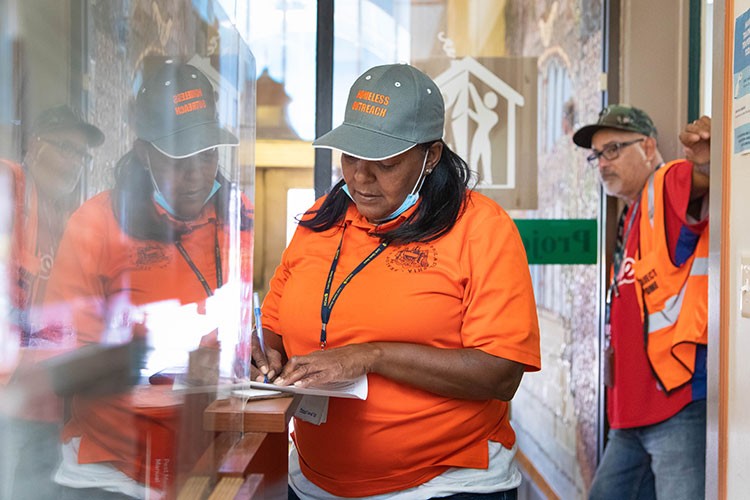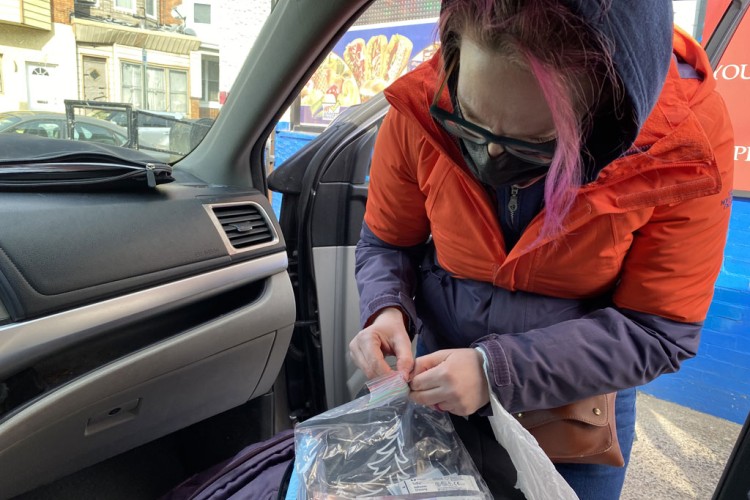[NEWS] Inside the Emerging Xylazine Addiction Crisis in the U.S.

Members from the outreach and street medicine team were interviewed by TIME Magazine about the substance use disorder crisis and the effects of the drug Xylazine, aka "tranq", on our communities. From the piece:
Devin Bair, a 42-year-old Pennsylvania resident, had used opioids on-and-off for years, but she never experienced anything like xylazine. She first took it without knowing two years ago when it infiltrated her dealer’s supply, and she unknowingly became addicted to it. Xylazine, a veterinary tranquilizer that isn’t meant for use in humans, is an increasingly common adulterant pervading the U.S. illicit drug supply, but little is known about its effects on the human body or how to treat the intense withdrawal symptoms it causes.
Xylazine has taken a stronghold in Philadelphia, a city at the forefront of addiction crisis and care. A 2021 study conducted by the city’s public health department found traces of it in more than 90% of samples of dope—a mix of different illicit drugs. It’s unclear exactly how many people in Philadelphia are using xylazine, but in 2021, at least 434 fatal overdoses there involved xylazine. How lethal and dangerous xylazine is remains a mystery, and as puzzled health care providers struggle, fear grows that the crisis will escalate in other parts of the U.S. The Biden Administration deemed xylazine-laced fentanyl an “emerging threat” in April and asked Congress for $11 million to combat it.
Infamous for causing severe flesh wounds that can require amputation, xylazine isn’t approved for human consumption but also isn’t a controlled substance, which means it isn’t regulated by the U.S. government. The Drug Enforcement Agency (DEA) has seized xylazine-fentanyl dope in at least 48 states and warned in November 2022 that many people don’t realize they’re taking it.
Bair said life on xylazine—also known as tranq—was pure “survival mode.” “When you start getting sick from the tranq, you start shaking violently, salivating, and vomiting. You’re pretty much just a mess on the ground,” she says.

